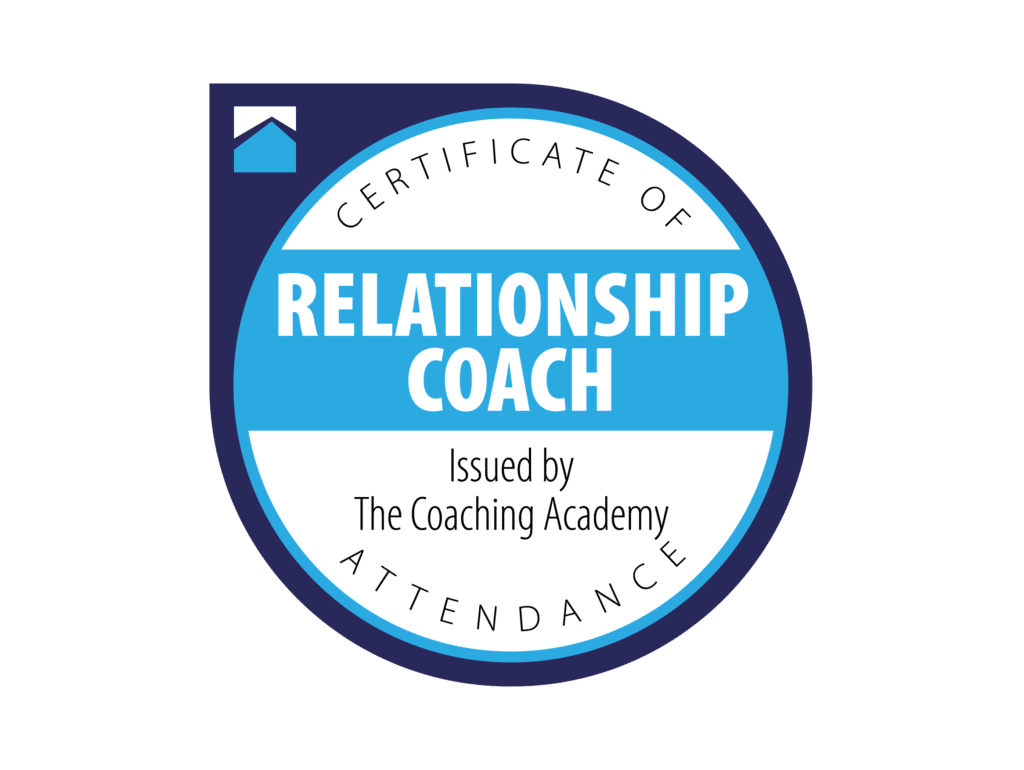Why boundaries impact your self esteem, happiness and success in life
Boundaries come up a lot in coaching – when I work with a client and we come up against a barrier of them not feeling able to say no, of feeling pushed over by others, or taken advantage of, we start to do work on boundaries.
Through this work, the client recognises their lack of confidence in saying no and its impact on their life, their belief they need to please others before they meet their own needs, and that their low resilience and lack of energy may be the result of giving their power away so speak – giving to others rather than meeting their own needs first.
So when we’re working on boundaries in coaching, it’s a process of first recognising when we have weak boundaries, and looking at how we can start to put clearer healthier boundaries in place.
First off, let’s be clear what we’re talking about here.
Basically Boundaries show where one thing ends and another begins.
Setting boundaries is about communicating your needs for healthy interaction to someone else. As practitioner Mark Groves said, “Walls keep everyone out. Boundaries teach people where the door is.”
But it isn’t always easy.
Sometimes people cross our boundaries because we haven’t stated what we need, or they are pushing for a bit more. If you feel your wall or your door has been knocked down, that someone has overstepped the mark, put undue pressure on you, or invaded your space mentally, emotionally or physically, your boundary has been crossed.
Healthy boundaries are about you knowing what you need to be ok, to feel ok, and then stating that in the situation in question to the person involved.
it comes down to knowing what you need and asserting those needs within all kinds of relationships, whether personal or professional. It’s a hard one to admit, because weak boundaries come about when we have low self worth. When we journey to self acceptance and loving ourselves, to truly believe we are enough as Brene Brown puts it, then you can start to state what you really need to the world. This can be physical and emotional boundaries. There’s a lot of work goes into understanding those boundaries, but if you feel resentful or stressed, ask yourself did i make my boundaries clear.
How do you know if you have weak boundaries?
Weak boundaries can play out in a number of different ways including:
adopting other people’s views
fear of missing out
not feeling respected
saying yes when you mean no, feeling you can’t say no
being unable to ask for help
not putting your own boundaries into action even if you know what they are – ignoring your needs in other words
feeling angry for being the one ‘doing it all’
feeling the need to rescue people
avoiding conflict
minimising your feelings
feeling responsible for other people’s feelings
taking on other peoples stress
In all these situations, like I mentioned before, you’re giving your power away.
Often having weak or unclear boundaries stems from long established patterns of behaviour. For example, if you were raised in a family where you felt you needed to please your parents to keep the peace, to be rewarded, to be accepted, it very often continues into adult life – the term being a people pleaser means you find it hard to say no. Whatever the cost to yourself.
This again is something that shows up in coaching a lot. when people feel their resilience is low, they’re taking care of everyone else’s needs, and their needs come last or barely get a look in.
It can feel quite daunting and scary, the idea of starting to set clear boundaries with people around you. But until you do, you will continue to feel the things i mentioned above.
It’s often the emotional boundaries that people find the hardest to shift. This is about making sure someone doesn’t have the power over you, in a manipulative, underhand way, putting undue pressure on you. IF you struggle with boundaries you’ll find it hard to say no where others don’t find it so difficult. But ask yourself – how will i feel in a year’s time if i do nothing about this?
Generally, over time, the anger and resentment builds, and bit by bit it chips away at your confidence in your ability to state what you need in that situation with that person.
When you feel anger or resentment brewing, look at the thing that’s made you feel angry – when we feel angry, it’s a good indication our boundary has been crossed. If you feel you are being asked to abandon yourself, if it just doesn’t feel right, you need to make your boundary clear.
so how do you tackle it:
Take a moment to ask yourself:
- How clear am I about what I need, physically and emotionally?
- To what extent am I making it clear to those around me>
- If I’m clear, in what situations do I give my power away and to who? What might be causing me to do this, w hat old patterns from the past are driving me to neglect my own needs to meet those of others? And how is this affecting my life?
- If I’m not clear on what my needs are, try this exercise taken from Untamed by Glennon Doyle – ask yourself if you were to escape to an island – Who would be there? What is the weather like? What does the island look like? What activities and values do people have on your island? What makes you feel happy? When you’re at your best, what is happening around you? Who are you surrounded by? How do you feel?
It’s inevitable that when you start to put your boundaries in place, you will meet some opposition. Those who get upset by you setting boundaries are the ones who benefited the most from you having none.
Follow these tips for setting clear boundaries, for saying no when you mean no:
First of all, stay calm and emotionally regulated – that means you are able to control your emotions (not the same as denying them) and express the emotions that you need in a particular situation
Clearly say no
Or if you need time to think, say i need some time to think about this, i’m not ready to have this conversation, can we come back to it at a later day
In a work situation – ask yourself what might happen if you said no I can’t do this, or i wonder if there’s another way, or i need longer? When we set a boundary, it can be as simple as saying what you need and asking if others can work with that. Often they can.
If the responses is not positive, if someone pushes back against your boundaries – stay calm stay regulated. Recognise the shift for them means a shift in power, a shift from how things have been to how you are asking for things to be in this moment.
In relationships, there is a lot of give and take, a lot of compromise. You need to talk it through, to know what your needs are and be able to state them. Allow the other person to talk through what their needs are. And then when you’ve both done that, work on the compromise.
Inevitably, people come and go in life. You can’t please everyone and look after yourself. As we mature and grow into ourselves, the hope is we find the courage to love ourselves fully, even if it means disappointing other people, that we find our voice to say enough, i am enough and this is what i need in this situation.
It will mean some people leave our lives. But what it also means is you start to flourish in your relationships – not just your closest partnership or marriage – but your friendships, family relationships and professional relationships.
And the more you practice putting healthy boundaries in place, the better you’ll find you feel about yourself and the more confident you become in doing so. You will build your self esteem – the more you are engaged with your truth and what you need, showing your vulnerability along the way, the more you will find your belief and sense of self worth grows.
In the work i do with my clients, coaching is about revealing who they are, who they are when they are their truest self so they can make the best decisions for themselves, create the life they really want, and live aligned to their truest purpose. We live our best lives when we live authentically. A sign you are becoming your authentic self is when you are able to set boundaries, to meet your needs and understand that when others kick back against that, it’s not your wound or trauma, it’s theirs.
There’s a lovely quote I found by author Anna Taylor:
Love yourself enough to set boundaries. Your time and energy are precious. You get to choose how you use it. You teach people how to treat you by deciding what you will and won’t accept.
If you have any questions, please dm or put a comment below. If this resonates with you and you want to have a chat about how you can start to look at this, get in touch with me.




